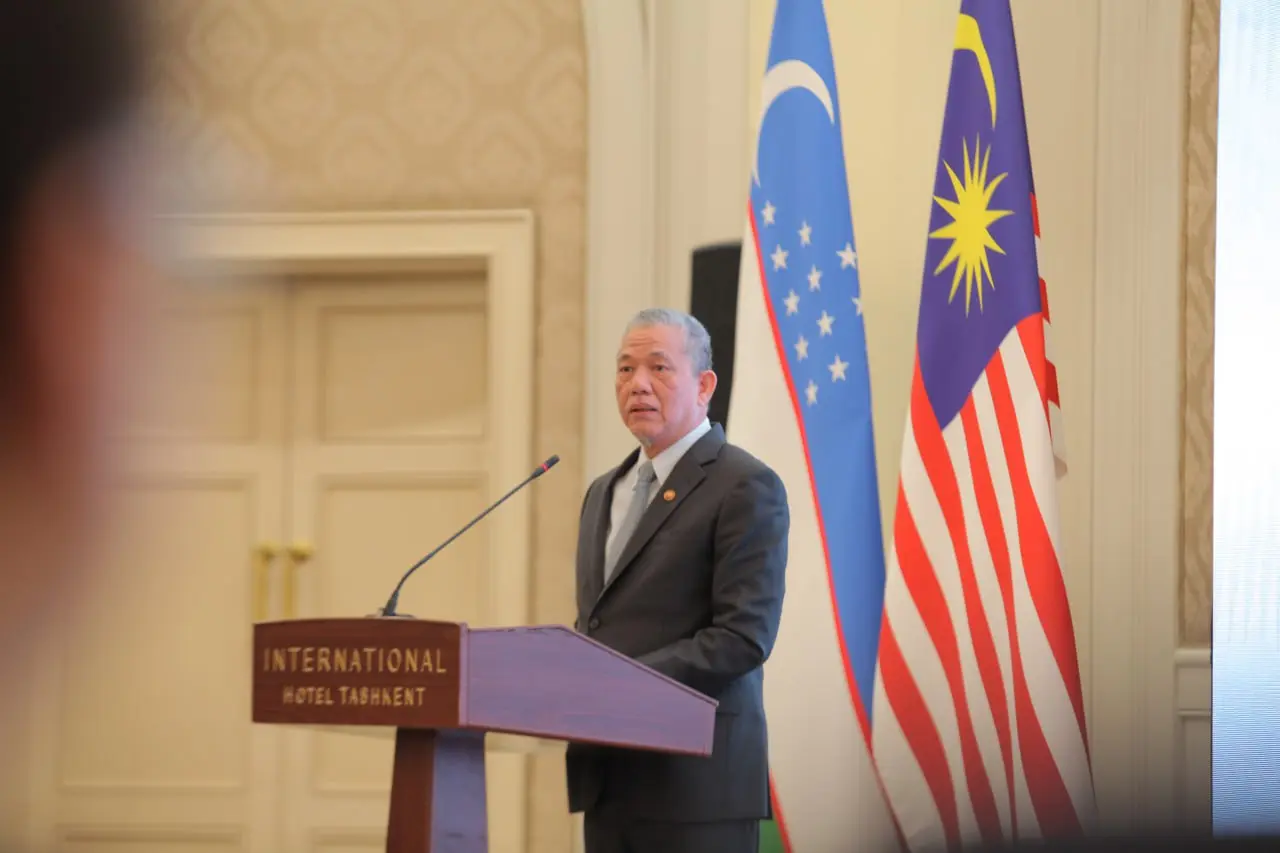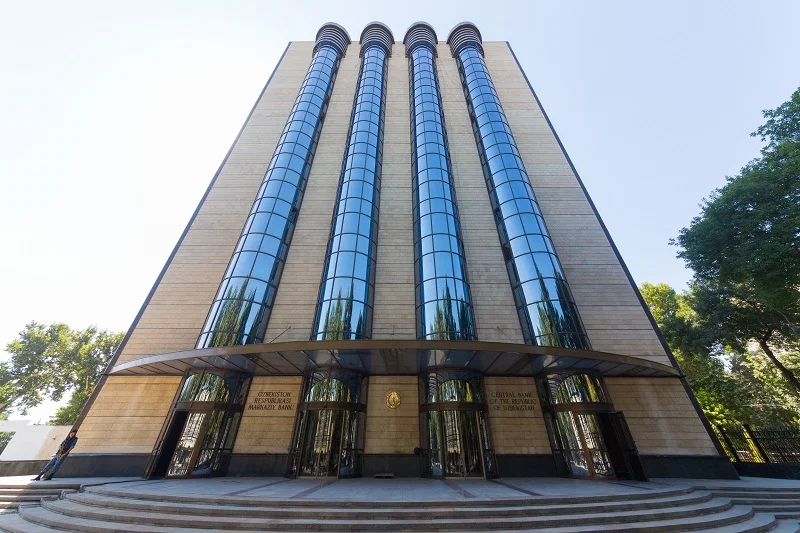The panel session "Investing in Land: the British experience and mobilizing investment to restore soil fertility and the Aral Sea" on the final day of the Tashkent International Investment Forum drew attention to the issues of sustainable use of land and natural resources. The discussion was coordinated by the Ministry of Investment, Industry and Trade and brought together representatives of Governments, international banks, the diplomatic corps and environmental organizations.
The session participants focused on the consequences of the environmental crisis caused by the shallowing of the Aral Sea. Violations in water resources management over decades have led to desertification, deterioration of public health, and transformation of Central Asian ecosystems. The remaining challenges require a comprehensive approach, in which investments in sustainable agriculture, water conservation technologies and ecosystem restoration play a key role.
Deputy Minister of Ecology, Environmental Protection and Climate Change Zhusipbek Kazbekov noted that the principles of sustainable development and "green" growth formed the basis of the national policy. Large-scale programs are being implemented in the country, including the Yashil Makon initiative, which annually plants up to 200 million trees. Recent institutional measures include the establishment of the National Climate Council and the Center for Climate Change under the President of the Republic of Uzbekistan.
British Ambassador Timothy Smart stressed the importance of international partnership and noted that the Aral Sea can become not only a reminder of the mistakes of the past, but also an example of joint ecological restoration. According to him, the UK considers the region as a priority for cooperation in the field of sustainable development and actively supports investments aimed at regenerating natural systems and supporting local populations.
The session also included discussion of funding tools and examples of successful collaboration. Executive Director of Standard Chartered Bank Lucy Rahal announced that Agrobank has provided a green loan in the amount of $250 million. The funds are directed to the development of drip irrigation, a technology that can significantly reduce water consumption in agriculture, which is critically important in conditions of water scarcity and the need to maintain agricultural productivity.
According to Lucy Rahal, the transaction is designed as a direct bank loan with the involvement of several international financial institutions. She stressed that the modernization of irrigation systems is a key step towards the redistribution of water flows in favor of restoring the ecosystems of the Aral Sea region without compromising agriculture.
A member of the House of Lords of Great Britain, Lord Waverly, noted that the restoration of the region has become a priority of the state policy of Uzbekistan. He drew attention to the importance of combining agricultural and environmental interests. According to him, the Aral Sea region is not only an environmental risk zone, but also a space for transformation, where a modern approach can ensure both ecological balance and economic sustainability.
Representatives of the Agency for the Development of the Aral Sea Region, international experts on sustainable land use and climate investment also took part in the discussion. Special emphasis was placed on cross-border coordination, soil health, the use of climate-adapted agricultural technologies, and the potential for international financing.
The session demonstrated a high level of political will and international support for the environmental agenda. The UK was named a strategic partner in promoting nature-oriented solutions that can change the trajectory of development in a region affected by one of the biggest environmental crises of the 20th century.











